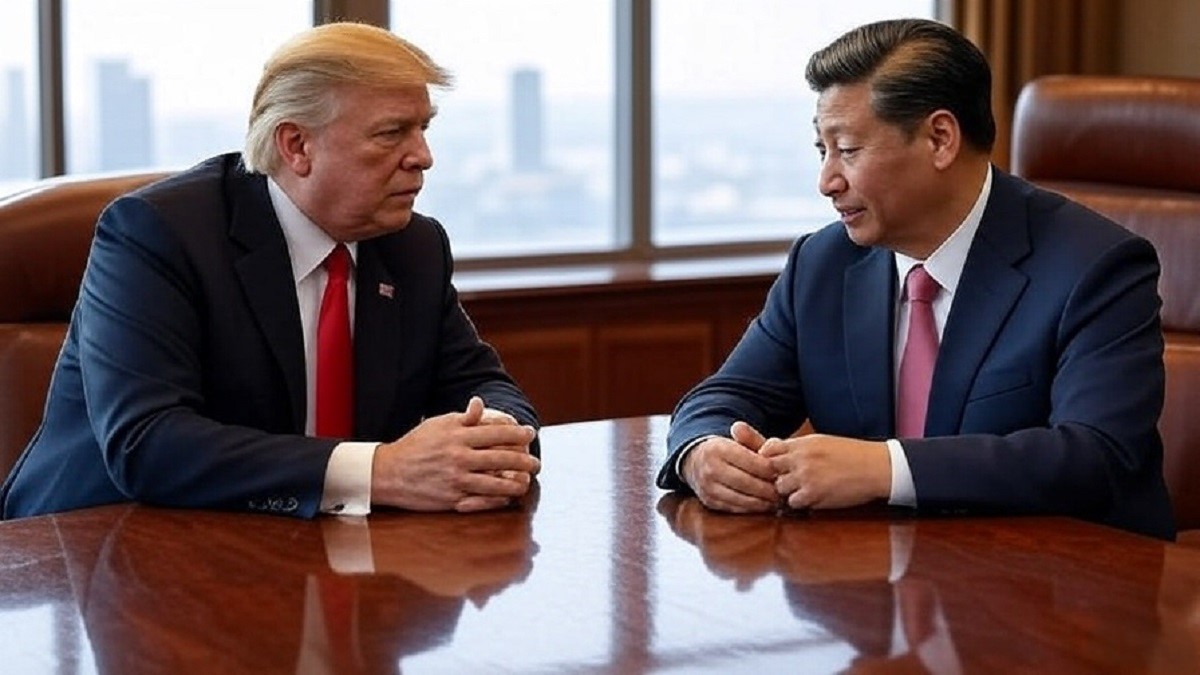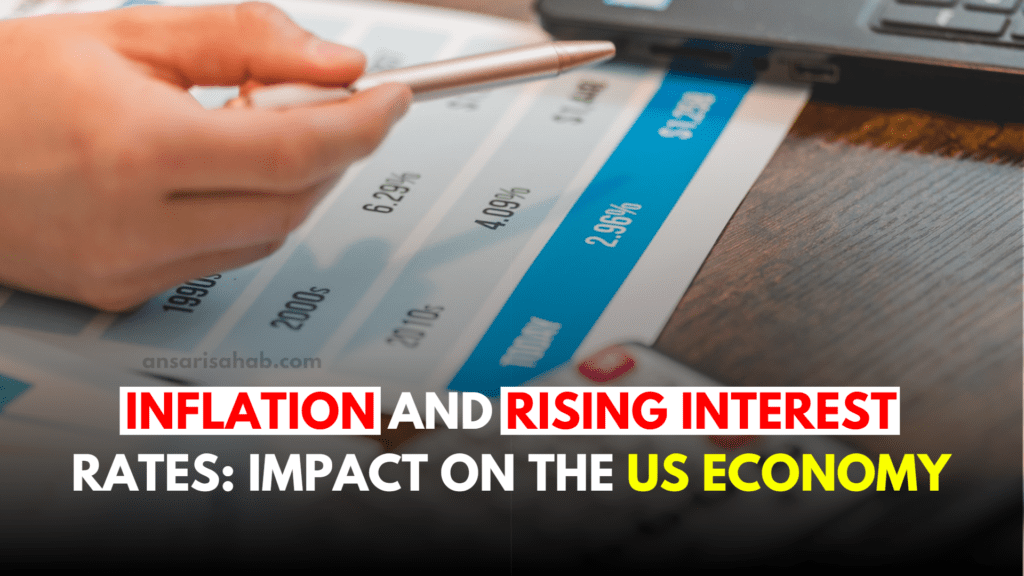US and China Near Deal as Democrats Demand Trade Concessions
The United States and China are close to reaching an agreement addressing TikTok and tariffs, amid mounting pressure from U.S. Democrats who want the deal to include binding measures to curb China’s industrial overproduction.
Talks in Madrid, led by U.S. Treasury Secretary Scott Bessent and Chinese Vice Premier He Lifeng, focus on Beijing’s demands for reduced U.S. tariffs and more favorable trade conditions in return for the divestiture of TikTok’s U.S. operations by its Chinese parent, ByteDance. If China fails to meet U.S. conditions, Washington has threatened to move ahead with a ban on TikTok.
Context: Madrid Talks, TikTok Deadline, and Tariff Stakes
These talks are the fourth round of U.S.–China negotiations over the past four months. A looming September 17 deadline is set for ByteDance to divest its U.S. assets or face a shutdown of TikTok in America.
Tariffs remain a major sticking point. China is asking for lower U.S. tariffs and fewer export restrictions in exchange for cooperation on TikTok’s ownership. The U.S. side insists national security cannot be compromised, even as technical details between both delegations show progress.
Democrat Pressure: Structural Overproduction, Trade Balance, and Policy Anchors
Democratic lawmakers in the U.S. House Select Committee on China have sent letters to Secretary Bessent, Trade Representative Greer, and Commerce Secretary Howard Lutnick demanding that any trade deal include binding limits on China’s industrial overcapacity—particularly in sectors like steel and solar panels.
These demands reflect long-standing and bipartisan concerns over how China’s production model, which often results in exporting excess output, undercuts U.S. firms and global competitors. Democrats say any agreement without such constraints would leave the U.S. vulnerable to unfair competition.
Expert Views and Unresolved Issues
Experts caution that while both sides appear close to a deal on TikTok, broader issues could stymie a final agreement.
- National security risks: U.S. officials maintain that allowing Chinese ownership of TikTok—or insufficient oversight—poses risks to data security.
- Trade concessions from China: Beijing’s “aggressive ask” on tariff relief and technology export policy remains controversial on Capitol Hill.
- Economic repercussions for U.S. firms: A recent American Chamber of Commerce survey shows many U.S.-based companies in China expect revenue declines in 2025 due to U.S. tariffs and retaliatory Chinese measures.
What It Means for Business and Policy
If a deal is struck, it could:
- Temporarily avert a TikTok shutdown and clarify regulatory uncertainty for the platform’s U.S. operations.
- Set precedent for future trade deals including enforceable clauses on overproduction, which could reshape global supply chains, especially in steel, solar, and rare earths.
- Influence U.S. relations with allies and trade partners, especially where reciprocal tariff policies or joint pressure on China over issues like Russian oil are concerned.
On the flip side, failure to address demands around structural overproduction or national security could lead to renewed tariff escalation, increased economic volatility, and continued political tension at home. The deadline for TikTok’s divestment remains a key pressure point.
FAQs
The U.S. and China are in Madrid engaging in their fourth round of talks. They are very close to an agreement over TikTok’s U.S. divestiture, though China’s demands for tariff reductions and other economic concessions are still unresolved.
Democrats argue that China’s structural overproduction harms U.S. industries by flooding markets, driving down prices, and giving Beijing an unfair trade advantage. They want trade deals to include enforceable caps to protect U.S. jobs and market stability.
If no agreement is secured by the September 17 deadline, the U.S. has signaled it will move forward with banning TikTok’s operations in the country, unless ByteDance divests its U.S. assets under acceptable terms.
Sources: Reuters









